Taiwan
Taiwan set to join offshore wind's top table by 2025
Taiwan set to join offshore wind's top table by 2025
The future of offshore wind energy will combine the application of global experience and local expertise to deliver projects tailored to the needs of the market. As the industry expands beyond its origins in the European market, the power of this combination will become clearer to see.
Taiwan stresses it's in no rush to reactivate Kuosheng nuclear reactor 2
This was after it automatically shut down on late March.
Taiwan's nuke-free vow under fire as energy supply issues arise amidst massive blackout
Was Taiwan right in ditching nuclear?
Taipower gets go ahead from Atomic Energy Council to restart Kuosheng 2
The last step it needs now is approval from the Legistalive Yuan.
Taiwan to hike feed-in tariff rates by 9.09% in 1H2018
This will be for rooftop solar installations up to 20kW.
Taipower breaks ground for $211m 100MW solar power plant
It will start powering over 30,000 homes before the year ends.
Taiwan is building small-scale power grid in Qimei
It will generate 3.37MW of electricity by 2019.
Taipower appoints Yang Wei-fu as new chairman
He will take over by Monday next week.
Taiwan mulls over banning fossil fuel use by 2050
Fossil fuel is around 45% of its energy mix.
Taiwan mulls over banning fossil fuel use by 2050
Fossil fuel is around 45% of its energy mix.
Taiwan to shut down 600MW coal-fired power plant
It's been unoperational for five days now due to pipe rupture.
Equis Energy bags deal to develop 70.2MW solar project in Taiwan
It is slated to be Taiwan's largest solar power project.
Taiwan's nuke-free vow under fire amidst recent massive blackout
Its decision to get power from renewables is being questioned.
Taiwanese government urged to rethink nuclear-free decision
Business leaders are worried over energy sustainability.
Taiwan shuns possibility of a fourth nuclear power plant
This is despite current power shortage.
Taiwan's first offshore wind farm to boost capacity by 1,500%
Capacity is expected to hit 120MW by 2019.
Taiwan's Ta-Shan power plant gets 24.5MW capacity boost
Current reliable supply may not be enough for the island it powers.
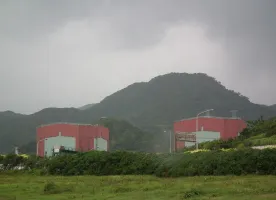

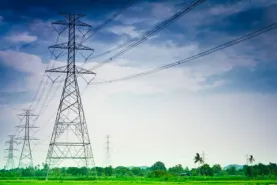
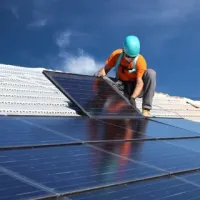
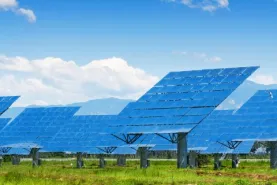
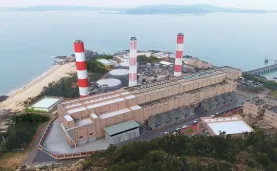
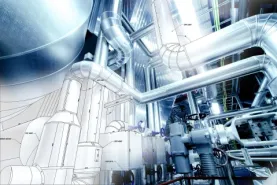
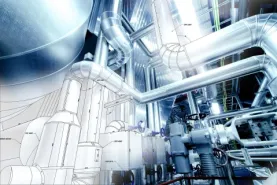
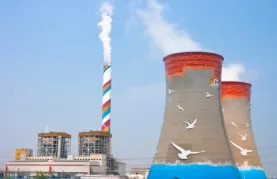
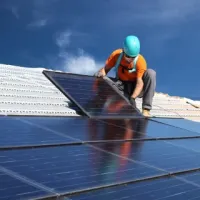

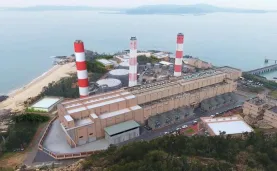

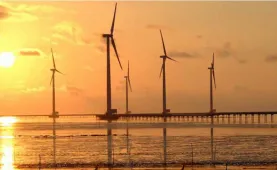
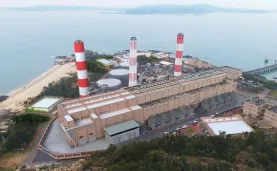

 Advertise
Advertise















